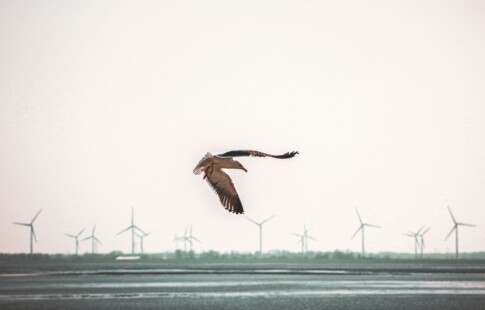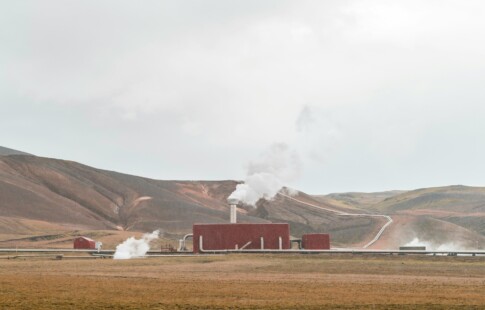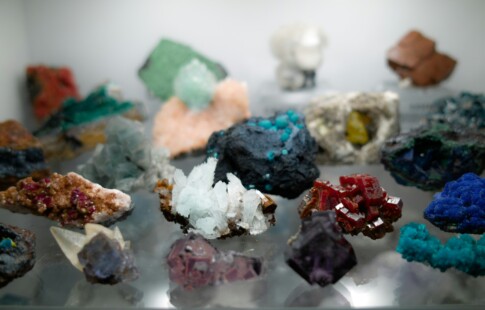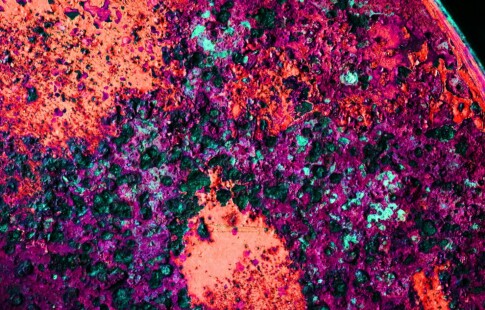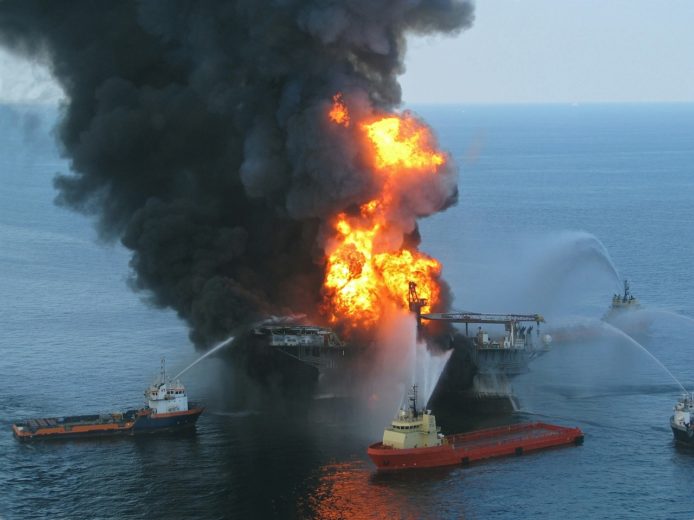
What Are the Effects of Offshore Drilling on Marine Life?
We are reader-supported. When you buy through links on our site, we may earn affiliate commission.
The oil industry has shaped our modern world in countless ways, including by impacting the previously unblemished habitats of wildlife in national parks and protected areas. But much of our oil extraction effort is conducted offshore. The effects of offshore drilling on marine life are massive.
So what are the impacts of this seemingly unstoppable and ethically hollow industry? As you might expect, there are both immediate and long-term effects on our planet’s oceans. However, we don’t know exactly how long the effects of our actions will continue to affect our ocean’s ecosystems.
Underwater Oil Spills
Perhaps you’ve heard of the Deepwater Horizon oil spill. As one of the single-largest oil spills in history, this incident led to around 134 million gallons of oil being discharged into our planet’s oceans. Attempts to estimate the impact in animals killed put the death toll in the thousands and even hundreds of thousands for some species.
For seabirds, estimates are that the spill killed over 100,000 birds across nearly 100 different species. In addition, upwards of 27,000 Kemp’s ridley sea turtles were estimated to have perished because of the spill. Fish, dolphins, whales and a variety of other marine animals were also killed or negatively affected — and the effects of the spill still linger, even many years after the initial incident.
The Deepwater Horizon incident is only one oil spill. And while these types of spills are rare, offshore drilling rigs consistently spew carbon byproducts and other pollutants into the air in the areas where they are installed, harming the ecosystem directly and advancing the progress of global climate change in a time when we should be looking for ways to slow it.
A Ripple Effect
But it’s not only the spills and accidents that can affect marine life. New methods of hunting for oil reserves are having significant impacts on animal life in regions that might not even produce any oil.
In part driven by new drilling activities endorsed by the Trump administration, energy companies are using seismic testing to reveal where there could be potential oil deposits beneath the ocean’s surface. The testing is performed using a powerful air gun, which blasts a wave of air through the ocean waters into the seafloor so that its characteristics can be analyzed using sonar.
The seismic blasts have been shown to decrease the number of zooplankton that live almost everywhere and form the backbone of the ocean’s ecosystem. One study showed that plankton counts dropped 64 percent within one hour of a seismic blast like those that are used for testing.
These plankton are not only an important food for fish and shellfish. They are also common food sources for some of Earth’s largest ocean-going mammals like whales. Killing off large numbers of plankton could very realistically send a shockwave through the ocean’s entire ecosystem that would be felt by the largest marine mammals on the planet.
Declining Water Quality
Oil spills contribute about 12 percent of the oil that exists in the ocean. The other 88 percent is a product of shipping, travel, drains and dumping. Together, all of these harmful activities are consistently creating an unhealthy environment for our ocean-going creatures to inhabit. The technology used to clean water is improving, but not quickly enough to think that we can filter the world’s oceans back to health.
The water that these animals live in is just as crucial to their survival. It’s a source of oxygen for them and a substance they are constantly immersed in. The symptoms of our pollution are most visible in places like the great coral reefs of the world, which are dying off without any hope of improved water quality.
It’s an irresponsible way for us to go about sourcing oil, and particularly with these new techniques coming online, it’s time that we stepped up and put a stop to it. Energy is important, yes, but there are alternative techniques that could supplant and suppress the oil industry. Moving the billions of dollars that go into offshore drilling operations into those methods would provide cleaner energy without harming our planet’s oceans.
Solar and wind power are both much more sustainable than the fossil-fuel-driven power that the oil industry relies on to survive. And yet, business agreements and governmental cooperation have protected the petroleum industry’s grip on our planet’s oceans. Allowing the oceans to die will have negative effects that far outweigh those we see from higher prices at the gas station. An ocean ecosystem that cannot function will eventually poison the greater global ecosystem, and we are all reliant on that.
Effects of Offshore Drilling on Marine Life
There is no way to lower the risk of offshore drilling to an acceptable level and mitigate the immense risks that come with it. Instead, we must be more responsible and promote laws that keep offshore efforts from expanding and reduce the number in operation today. If we don’t, we could be speeding up our own demise.
Share on
Like what you read? Join other Environment.co readers!
Get the latest updates on our planet by subscribing to the Environment.co newsletter!
About the author

Jane Marsh
Starting from an early age, Jane Marsh loved all animals and became a budding environmentalist. Now, Jane works as the Editor-in-Chief of Environment.co where she covers topics related to climate policy, renewable energy, the food industry, and more.
